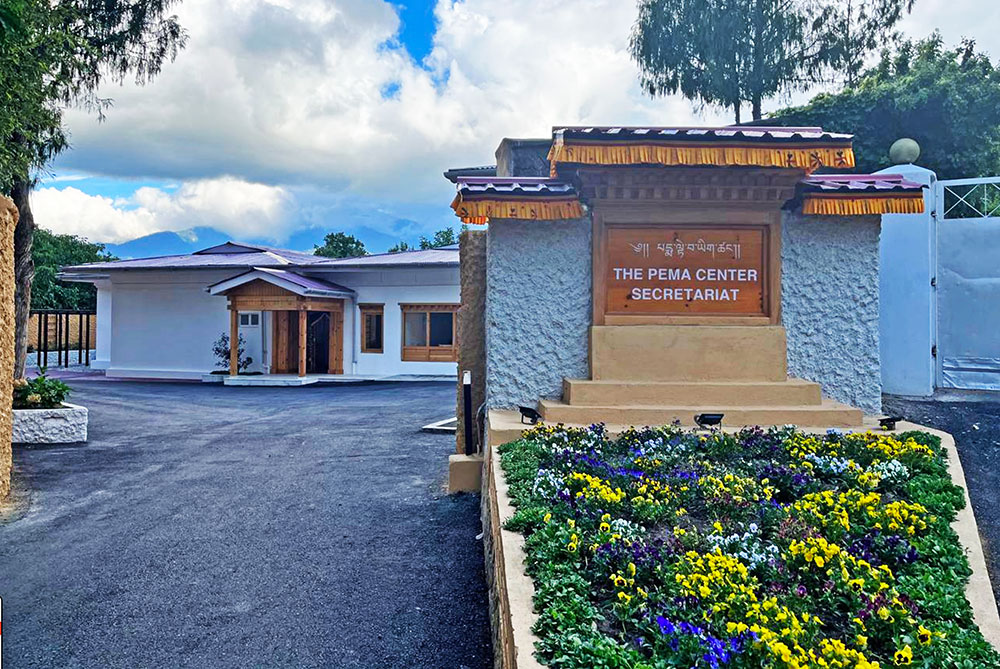Tenzin’s battle with isolation and stigma sheds light on the rising mental health challenges after the Covid-19 pandemic
Bikash Mishra
Amid the relentless turbulence of the Covid-19 pandemic, Tenzin, a college student, found himself teetering on the precipice of mental illness. The shift to online learning had upended his routine, and the isolation it brought on pushed him to the brink. Eventually, panic attacks gripped him, shattering his daily functionality and throwing his life into disarray.
Tenzin’s tale is a harrowing reminder of the hidden toll that the pandemic has exacted, one that extends far beyond the reach of the virus itself. The young college student’s journey into the abyss of mental illness was marked by involuntary twitches, erratic mood swings, and a profound inability to connect with his loved ones. Isolation became his refuge, and even his parents, earnest as their efforts were, found themselves ill-equipped to offer the support he desperately needed.
In a muted tone, the 19-year-old recounts how the stigma surrounding mental health silenced those afflicted. “It’s a hushed topic,” he says, “Misconceptions about mental health have created a suffocating atmosphere, one that leaves sufferers like me struggling in solitude.”
Tenzin’s trajectory shifted as he embarked on a path of counselling, medication, and the acquisition of stress-management techniques. Slowly, he managed to piece together fragments of himself and bridge the chasm that isolation had carved. His story, however, is but one facet of a complex tapestry woven by the mental health struggles of Bhutan’s young populace.
The 2022 annual health bulletin paints a disconcerting picture: anxiety, depression, and mental disorders due to alcohol and substance abuse have become common specters in the country. More alarming still, cases of self-harm and suicides are on the rise.
Anjana Pradhan, a counsellor at Thimphu’s national referral hospital, pinpoints a confluence of factors behind these bleak statistics.
Lack of awareness and the invasive influence of social media have, in Anjana Pradhan’s words, “driven many people into the abyss of depression,” a desolate abyss that too often culminates in the tragedy of suicide. Tackling these deep-seated challenges, she stresses, requires a multi-pronged approach, one that not only promotes awareness but also bolsters the training of healthcare professionals. Mental health, she emphasizes, is a complex interplay of genetics, psychology, and societal factors, further exacerbated by the rampant scourge of substance abuse.
In Tenzin’s view, the role of parenting looms significant in stemming the tide of mental health issues. Nurturing emotional support and fostering open dialogue, he asserts, can be the cornerstone of prevention.
“Simple measures such as bolstering the ranks of counselors, nurturing self-care, and addressing societal issues can help alleviate the mental health burden,” explains Anjana Pradhan, advocating for a comprehensive approach.
Despite the shadows that linger, glimmers of optimism emerge.
Anjana Pradhan observes a shift in perception towards mental health across various age groups in the country. This evolving perspective has given rise to initiatives such as the PEMA Secretariat, a crucial lifeline for individuals grappling with mental health woes. Collaborating with organisations like RENEW and NCWC, this hub offers a ray of hope, a safe space where those in need can find solace and support.
As Bhutan navigates the intricate landscape of mental health, Tenzin’s story stands as a testament to the resilience of the human spirit. The nation’s journey towards mental well-being is far from over, but the strides made, and the conversations initiated, are a testament to the indomitable courage of those who dare to speak up, to heal, and to bridge the chasm that isolation once carved.


